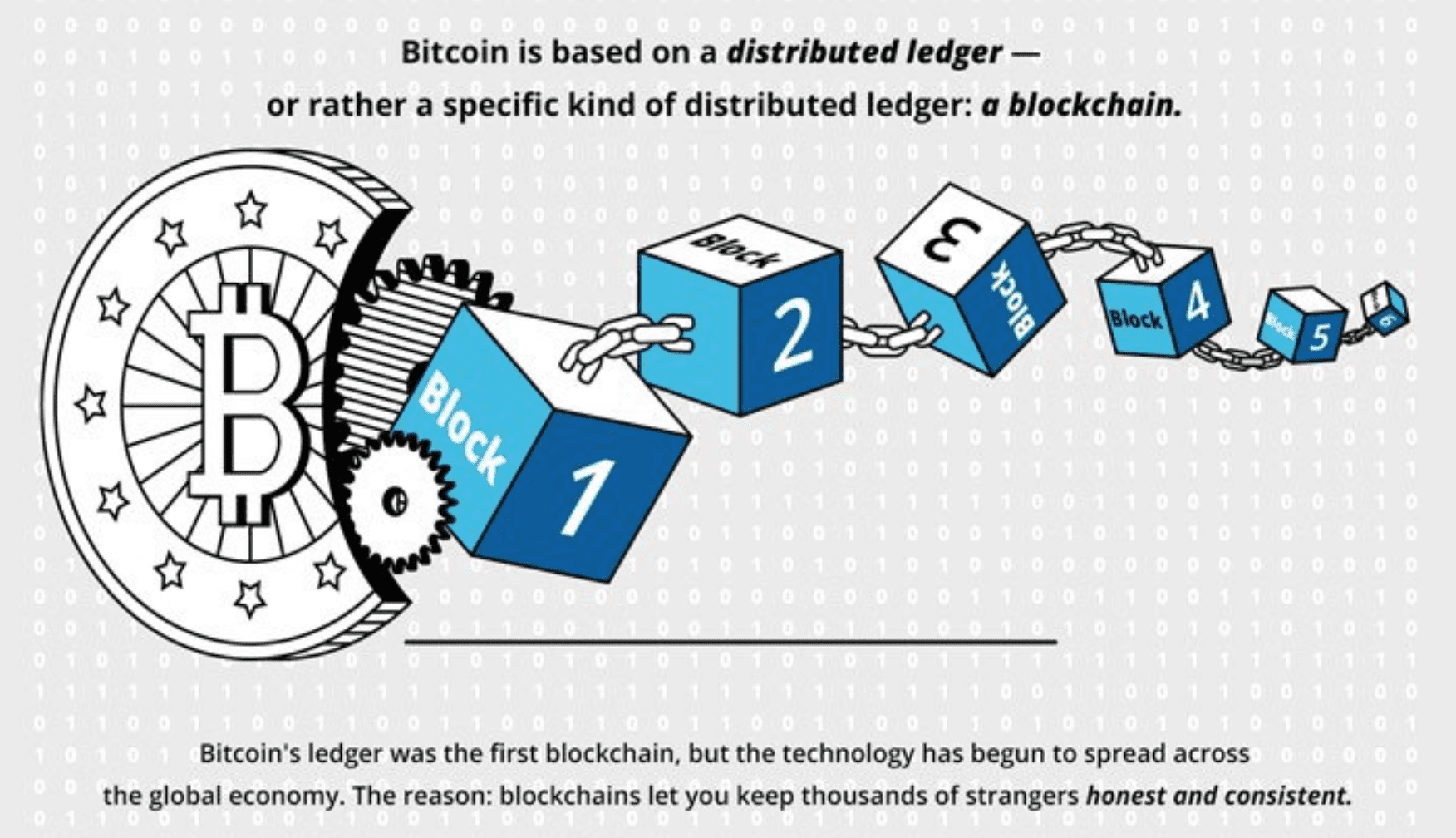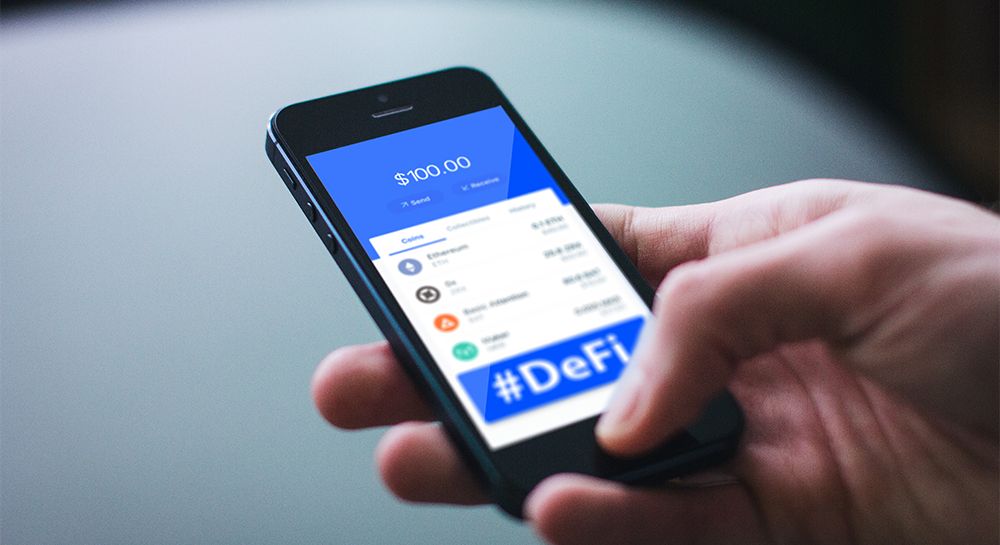Red Cross has recently turned its attention to blockchainBlockchain
A digital, distributed ledger which contains data for all the transactions that have ever taken place using a given cryptocurrency.
Red Cross has recently turned its attention to blockchainBlockchain
A digital, distributed ledger which contains data for all the transactions that have ever taken place using a given cryptocurrency.
While we are no strangers to the impact that crypto can have on underdeveloped countries, the implementation of blockchain into the systems of major entities like the Red Cross is a huge step forward in adoption and global finance
As of the time of writing, the current plan is to spread this technology across areas of Kenya, with future locations of deployment being Cameroon, Malawi, Zimbabwe, Myanmar, and Papua New Guinea. Overall, they are looking to serve over 320,000 users within their two-year time frame.
Overall, proponents of the system believe that blockchain is the future of aid, allowing for those who are impoverished and lack access to banking services to grow their wealth and participate in an economy of their own. Of course, those who run banking services in areas where these systems are set to be deployed feel threatened by the project. However, the growth, transparency, and inclusion that blockchain-based systems provide will greatly improve local economies in comparison to short-term aid that is typically distributed.
While we are no strangers to the impact that crypto can have on underdeveloped countries, the implementation of blockchain into the systems of major entities like the Red Cross is a huge step forward in adoption and global finance. We look forward to seeing them continue to grow this project as it yields results in the designated countries.
- Own a website? Link to this article!
- Willing to spread the love? Share it on social!




















